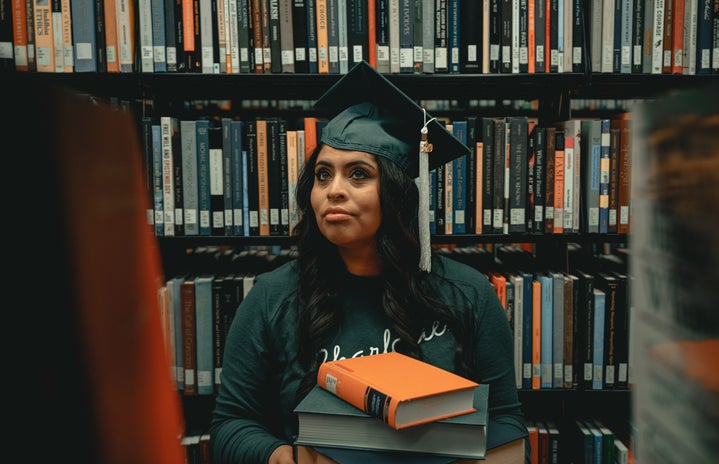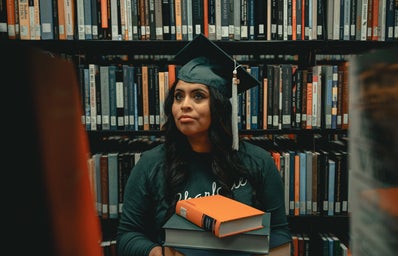Typing away in the overly air-conditioned lecture hall you frequent at least three times a week, the question may have popped up a time or two in your head: What am I really gaining from sitting in lecture? How is this going to help me with what I actually want to do post-grad? These are valid questions and anxieties that may be popping up as you reach your mid- to late- undergraduate years and are looking towards the future with unclear plans and goals. The good news is, the steps you have taken thus far in your educational career have gotten you so far and college can be the foundation upon which you build your future life. Not too intimidating, right? It really should not be. College is designed to create the building blocks for a more mature and cultured sense of self, a more dynamic and creative way of thinking as well as the ideas and knowledge about how you plan to live and succeed in the future.
Though it is true that each and every college experience varies and differs depending on the person, there are ways that each student can make the most out of college to really guide them to fully grow into who they want to be and prepare them in what they want to accomplish. The trick to translating college classes into real life? Perspective, open-mindedness and passion. Seemingly simple but, when executed correctly, can transform your college experience and transcend you into a new way of thinking and, quite possibly, a new way of life.
Take a step back. How do you view your classes? As a chore or as a challenge, as a new opportunity or a stepping stone to achieving your next goal? The power of perspective can really change not only your learning outcome and attitude, but also how these outcomes can better serve you in real life. For instance, critical reading in American Literature 110 and a lab report in Chem 153A may seem irreconcilably different in every aspect. Although these two subjects may differ in content, any major can help you gain beneficial life skils. Through critical readings and lab reports, your brain learns how to think in new ways. Thinking critically and analytically, which you would need both of to complete these assignments, is actually one of the major learning outcomes that will serve you in real life.
Have an open mind. Notice that these skills that you have used for that critical reading or lab report can be translated into business, law, science and just social life in general. Changing your perspective on these two assignments, for example, allows you to have the ability to translate academic knowledge into life skills. The deduction, analysis and conclusions you drew from the article, author and/or research paper can give you the power to think of real-life issues, relationships or situations in a new light. You run into a work problem and do not know the first place to start, so what do you do? The way you analyzed that English text in that lecture or that lab report in class can provide a method and basis for solving problems in the work world. Go back to the documents, read between the lines, contact people who are even loosely related, research precedent and do all of these things that you practiced so robotically in college and use them to be the best of the best in whatever you do.
Last but not least, be passionate. Using these skills can only get you so far, but choosing a subject or opportunity or area of study that you truly care about and that you can have a conversation with someone about and just glow- that is what will make all the difference. The qualities you build and aspects of yourself that grow when you are in your 20s have the power to create an amazingly powerful blueprint for the rest of your life.



